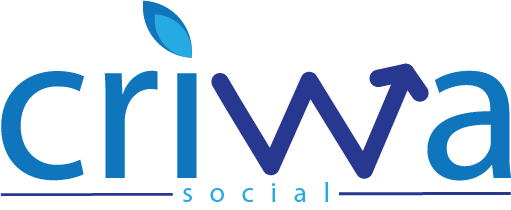Introduction
Since it started, Laravel has been a leading tool for building websites using PHP, known for its beautiful way of writing code, strong features, and solid base for creating web applications. But as technology moves fast and ways of making websites change, there are some wrong ideas about Laravel that people have.
These might come from old information, unfair comparisons with other tools, or from misunderstandings about what Laravel can and cannot do. This article aims to clear up ten common wrong beliefs about using Laravel for web development in 2024, showing how it really is a great tool for making websites today.
But before discussing the misconceptions let’s first understand what Laravel Development is and what are some of its use cases.
Laravel Development: 10 Misconceptions in 2024
Misconception 1: Laravel is Only for Small Projects
The Myth: A common misunderstanding is that Laravel is tailored exclusively for small to medium-sized projects, lacking the capacity to scale.
The Reality: Laravel’s architecture is designed to accommodate applications of any size, from small startups to large-scale enterprise solutions. With features like queue management, event broadcasting, and scalable file storage capabilities, Laravel can efficiently handle high traffic and complex application requirements. The framework has seen numerous updates by 2024, each enhancing its ability to serve larger and more demanding applications, debunking any notions of its supposed small-scale limitations.
Misconception 2: Laravel’s Performance is Subpar
The Myth: Critics often claim Laravel sacrifices performance for developer convenience and elegance.
The Reality: While no framework can claim absolute supremacy in performance, Laravel offers a highly optimized foundation that, when leveraged correctly, can meet stringent performance criteria. Techniques such as route caching, optimized database queries through Eloquent, and efficient memory use contribute to Laravel’s ability to serve applications quickly. The introduction of JIT compilers and improvements in PHP itself have further narrowed the performance gaps, making Laravel a competitive choice for developers prioritizing speed and efficiency in 2024.
Misconception 3: Laravel is Not Secure
The Myth: Some believe Laravel is inherently less secure than other frameworks or languages.
The Reality: Security is a paramount concern for the Laravel team, evident in its built-in features like XSS protection, encryption, CSRF tokens, and SQL injection prevention. The framework adheres to industry best practices and is regularly updated to address new vulnerabilities. By 2024, Laravel has further solidified its security posture, incorporating cutting-edge security features that safeguard applications against emerging threats.
Misconception 4: Laravel Lacks Community Support
The Myth: A less prevalent but still present misconception is that Laravel lacks a strong community or support system.
The Reality: Laravel boasts one of the most vibrant and supportive communities in the web development world. With an extensive ecosystem of tutorials, forums, podcasts, and third-party packages, developers can easily find guidance and resources. The Laravel ecosystem has only grown by 2024, further enhancing the support available to developers at all skill levels.
Misconception 5: Laravel is Difficult to Learn
The Myth: The perception that Laravel is hard to learn can deter newcomers.
The Reality: Laravel is praised for its comprehensive and well-written documentation, which facilitates a smooth learning curve. The framework’s design principles are grounded in simplicity and readability, making it accessible to developers new to PHP or web development. By 2024, the availability of educational platforms, video tutorials, and interactive learning resources has made mastering Laravel more attainable than ever.


